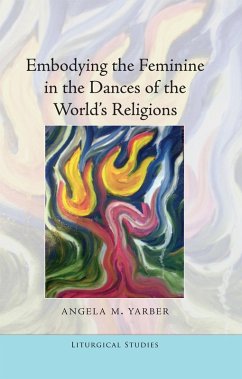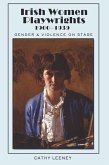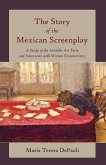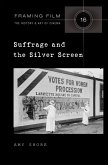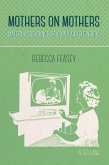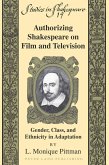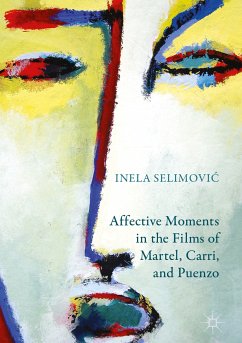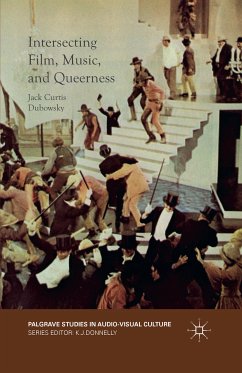Dieser Download kann aus rechtlichen Gründen nur mit Rechnungsadresse in A, B, BG, CY, CZ, D, DK, EW, E, FIN, F, GR, HR, H, IRL, I, LT, L, LR, M, NL, PL, P, R, S, SLO, SK ausgeliefert werden.
«Angela M. Yarber creatively reimagines the language of dance as a vehicle for women to articulate the essential insights of four spiritual traditions. By giving form to the rarefied reaches of her tradition, the dancer embodies the spiritual and historical truthsof her faith, and in so doing shares its highest aspiration and most cherished beliefs. Yarber's experience as a dancer adds depth to her insightful multidisciplinary and cross comparative study. She has succeeded in expanding our academic and spiritual horizons.» (Ronald Nakasone, Professor of Buddhist Art and Aesthetics, Center for Art, Religion, and Education at Graduate Theological Union)
«Angela M. Yarber's insightful and inspiring book engages the idea that the major world religions do not only provide systems of thought about the Holy. Rather it is in the practices that a knowing of the Divine emerges. By engaging dance traditions such as Bharatanatyam, kabuki onnagata, Israeli folk dance, and the dances of women in the Mevlevi order, Yarber shows how women touch holy ground. I recommend this book to everyone who is interested in learning more about dance and religion.» (Andrea Bieler, Professor of Christian Worship, Pacific School of Religion)
«This fascinating study probes an array of religious faiths through the lens of dance. Both interreligious and interdisciplinary, this book should have wide appeal for all those interested in the role of dance for performer and audience, the faith that these dances communicate and evoke, and the complicated and tragic roles gender can occupy in religious traditions. The author concludes by offering important feminist analysis of what the dance reveals about women, their experience of faith, and her own involvement in this process as minister, dancer, and feminist. A truly original and provocative study.» (John N. Sheveland, Associate Professor of Religious Studies, Gonzaga University)
«I have known in my bones how a dance empowers, shapes new understandings and plumbs emotions affecting the dancer and those who see it. Articulating cultural, philosophical, and interfaith dimensions of this process in the service of sacred women dancers of four diverse cultures is timely and significant. Thus I endorse and recommend this book to stimulate our imagination and deepen our perspectives, especially for faculty and students in the fields of dance, women studies, and art and religion.» (Carla DeSola, Pioneer of Liturgical Dance, Author of 'The Spirit Moves', and Adjunct Professor of Dance and Religion at the Center for Art, Religion, and Education at Graduate Theological Union)
«Among her many innovations in the world of modern dance, Martha Graham fused the distinctions of East and West, and of ritual and performance as she revisioned Classical mythology and Christian legends from the perspective of the heroine. Angela M. Yarber expands these frontiers in new ways as she weaves together her own experiences as dancer and choreographer with her theological studies - all through a feminist lens. Through the narrative of

